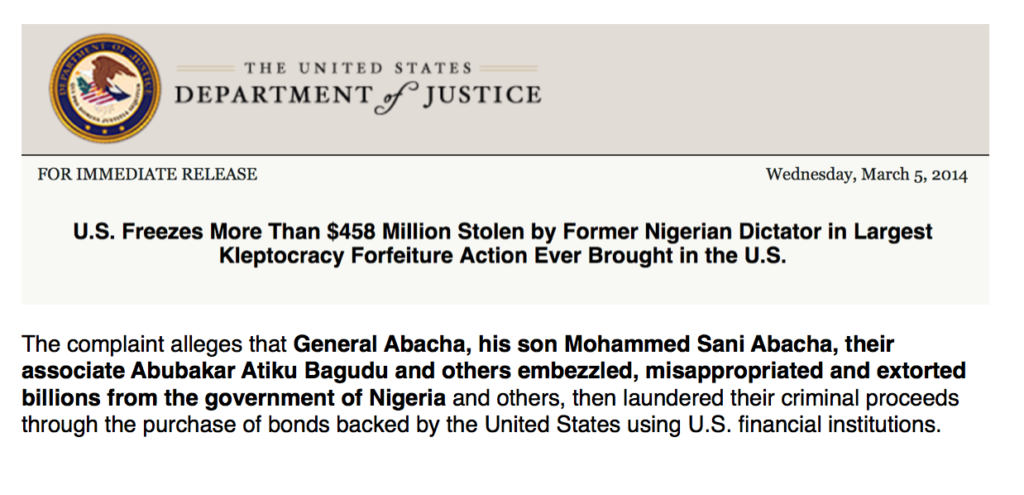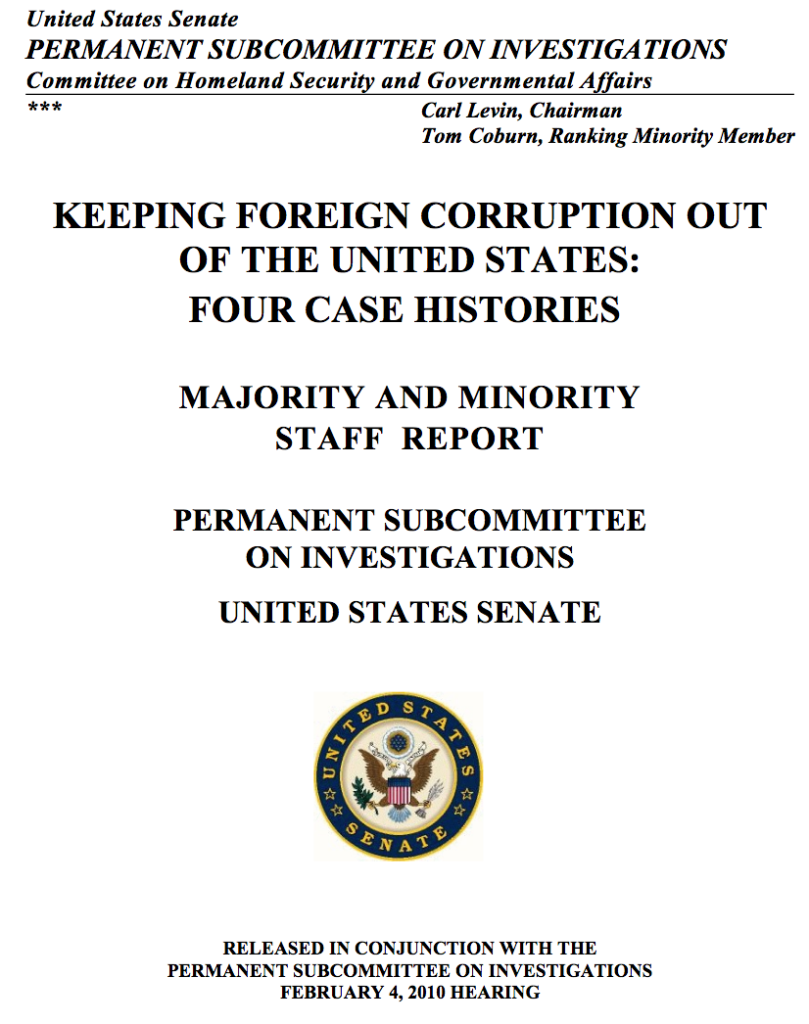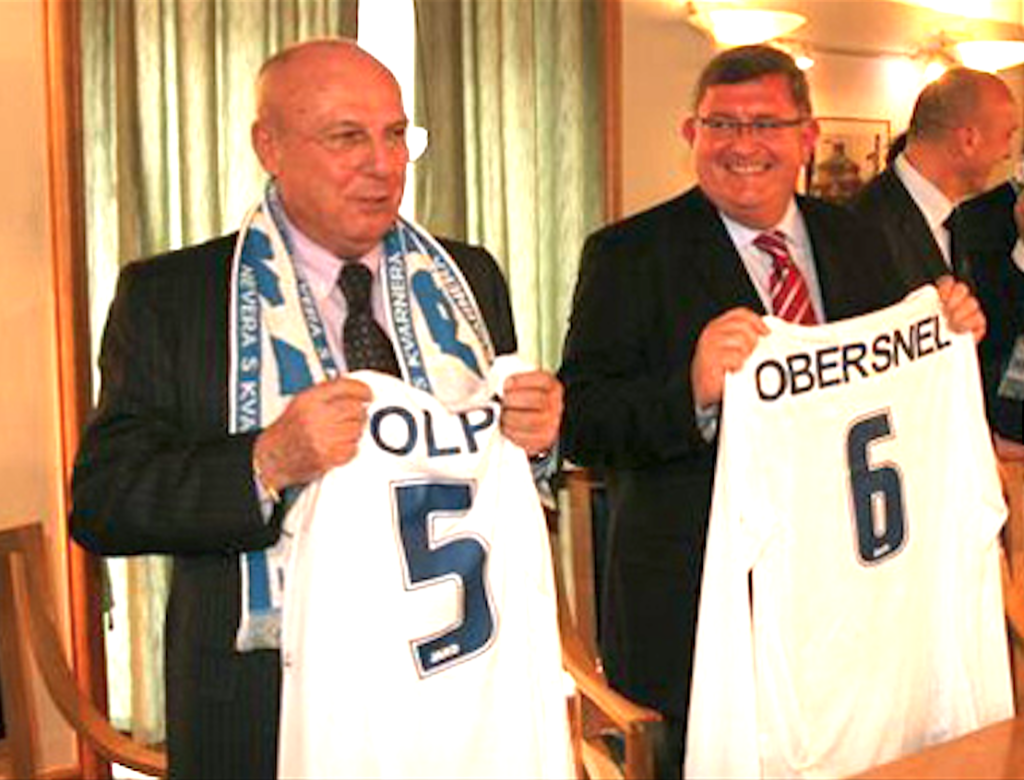A Case Study of Corruption: Croatia’s City of Rijeka, Mayor Vojko Obersnel, Head of Urban Planning Srđan Škunca, Construction Company GP Krk and Criminal Enterprises
WASHINGTON, DC — American taxpayer aid sustains corrupt networks in Croatia today. Inadvertently, Americans are thus blocking their own US private sector investments and economic opportunities in Croatia and Eastern Europe, which are sanctioned by the US Foreign Corrupt Practices Act (FCPA). The lack of US presence in the Balkan economic sphere has created a void which allows criminal entities, as well as Chinese, Russian and other lax law countries’ interests to create uncertainty and instability for the entire region and beyond.
Croatia, a member of NATO and the European Union is dependent on American and Western European taxpayer aid and remittances from its diaspora. Over $35 billion (73% of 2015 GDP) left Croatia in illicit financial outflows via crime, corruption and tax evasion during the years 2005-2014. In the World Economic Forum’s report for 2018, Croatia’s judicial independence was ranked 120th out of 140 countries, not far from Haiti and Venezuela’s score which are at 132nd and 139th places, respectively.
Today, the City of Rijeka and Croatia benefits from the US naval fleet (undergoing long-term repairs and US Navy personnel spending US dollars in the local economy), and from US grants and loans via multilateral and direct US taxpayers’ funding. In the 2000s alone, Croatia’s government structures received $500 million in US taxpayer aid sent through USAID. However, the City of Rijeka is not open to American private investments which abide by the Foreign Corrupt Practices Act (FCPA).
Vojko Obersnel, Rijeka’s mayor, and his cadre, are accustomed to the two categories of foreign investments:
1) Funding by EU and US taxpayers, which does not require his accountability.
2) Money of suspicious origin, which does not seek profitability nor accountability in Croatia.
Based on the release by the US Department of Justice in March 2014, U.S. froze more than $458 million stolen by former Nigerian dictator General Abacha, his son Mohammed Sani Abacha, their associate Abubakar Atiku Bagudu and others, in largest kleptocracy forfeiture action ever brought in the U.S.

According to DoJ, these individuals, “embezzled, misappropriated and extorted billions from the government of Nigeria and others, then laundered their criminal proceeds through the purchase of bonds backed by the United States using U.S. financial institutions.”

While the DoJ’s investigations were ongoing, Gabriele Volpi, Abubakar Atiku Bagudu’s trusted friend and business partner, was signing agreements with Obersnel to invest in Rijeka’s soccer club and the City of Rijeka.

The €10 million mortgage on the land owned by the City in favor of Volpi’s organization was only canceled on January 8, 2019. For years, Croatia’s State Auditing office has been issuing conditional statements of the City’s annual financials citing accounting irregularities, which are manifested through non-transparency and illegal practices.
When it comes to Volpi’s investment and the City of Rijeka, there are unexplained cash flows, land swaps, outstanding receivables and payables, between the parties involved. Volpi’s new stadium in the City of Rijeka was built by GP Krk.
The same construction company G.P. Krk is ubiquitous. In collusion with Rijeka’s mayor and the heads of the City’s Department for Urban Panning, GP Krk is frequently involved in dominant position abuse, receiving illegal subsidies, building projects funded by laundered monies, receiving local government contracts without bidding, and involved in private property rights abuses.
GP Krk is a major beneficiary of US and EU taxpayer funding. Absurdly, their full ownership structure is not made public.
The financials of GP Krk and its connected companies are not consolidated nor audited by an internationally recognized auditing company. The company is set to benefit from an upcoming LNG project, whose initial stage will cost the EU and Croatia’s taxpayers some $220 million.
If it wasn’t for American taxpayer funding World Bank’s projects, and the EU doling out taxpayer funds, the City Of Rijeka’s corrupt network would have been starved long time ago, and forced to become transparent and accountable for private investors from strong rule of law nations.
There is an urgency to stop funding world’s mafia cities and states and their private partners in crime. The United States and leading Western European Union nations should freeze all taxpayer funds heading to corrupt networks, and put an end to the funding of the World Bank, IFC, European Bank of Reconstruction and Development (EBRD – also directly funded by US taxpayers), and other unaccountable multilateral projects.
Instead of serving the single-purpose of penalizing bad actors for bribing foreign government officials, the FCPA should be expanded to hold to account corrupt politicians and regimes. Curtailing US taxpayers funding and applying principled external pressures will contribute to the establishment of the rule of law in the Balkans and the rest of post-communist Eastern Europe thus providing US and Western European investors opportunities to compete on a level playing field in the region and around the world.


